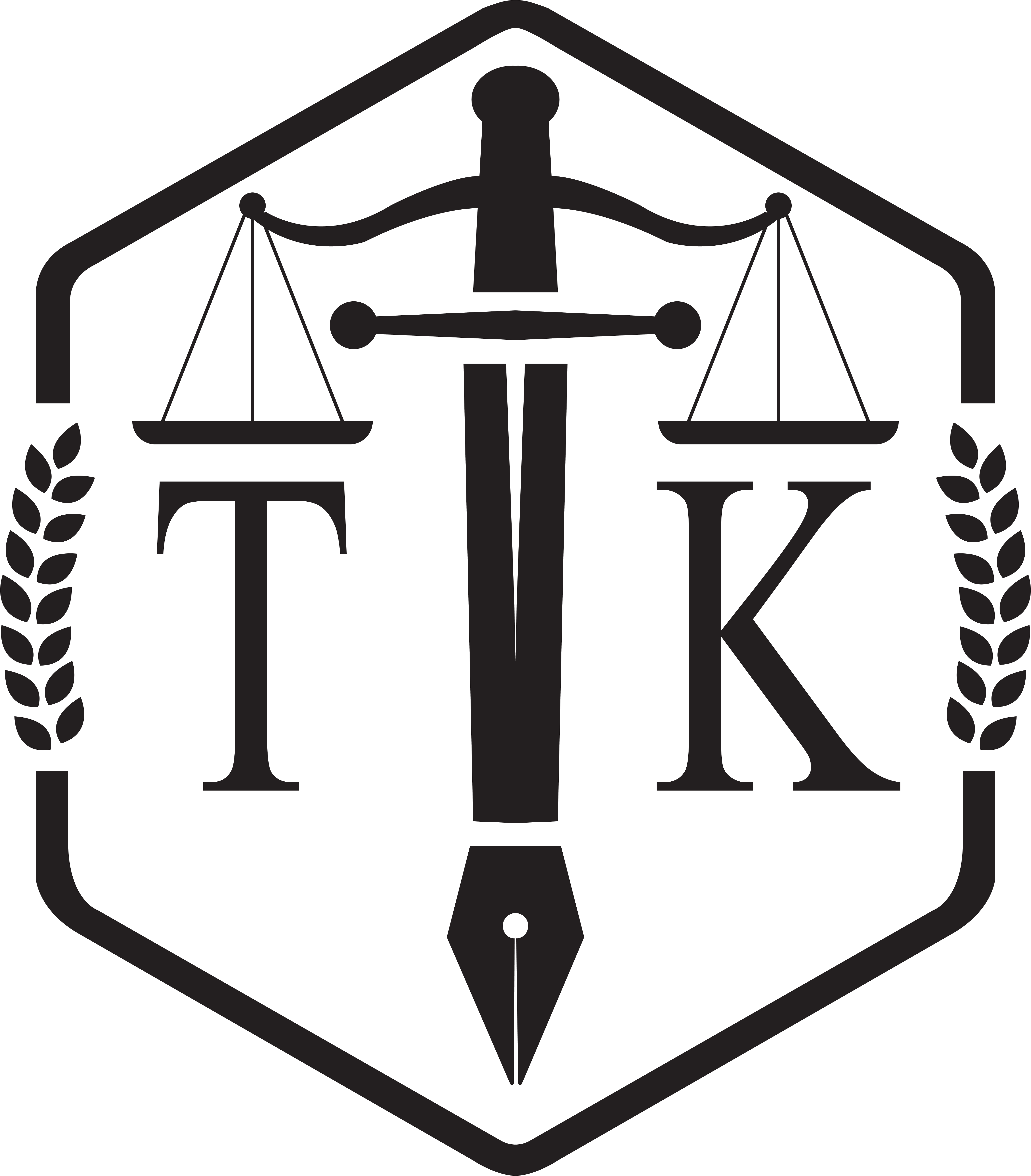Best Collaborative Law Lawyers in Serdivan
Share your needs with us, get contacted by law firms.
Free. Takes 2 min.
Free Guide to Hiring a Family Lawyer
List of the best lawyers in Serdivan, Turkey
About Collaborative Law in Serdivan, Turkey
Collaborative Law is an alternative dispute resolution process that helps individuals and families resolve legal issues without going to court. In Serdivan, Turkey, collaborative law is most often used for family law matters like divorce, custody arrangements, and property division. Both parties, along with their specially trained lawyers, agree to work together openly and respectfully to reach a mutually beneficial agreement. The process emphasizes communication, confidentiality, and minimal confrontation, making it an appealing option for those who wish to maintain amicable relationships during and after their legal dispute.
Why You May Need a Lawyer
Engaging a collaborative law lawyer in Serdivan is recommended in several situations, including:
- Family disputes - such as separation, divorce, child custody, or arranging child/spousal support, where both parties prefer a non-adversarial approach.
- Property or inheritance disagreements - when siblings or family members disagree but want to avoid lengthy court cases.
- Business splits - when business partners wish to part ways cooperatively and retain control over the outcome.
- Personal disagreements - such as neighbor or community conflicts where future relationships matter.
Lawyers trained in collaborative law provide legal advice, facilitate discussion, and draft the final agreement, ensuring both parties’ rights are protected while reaching a tailor-made settlement.
Local Laws Overview
In Serdivan, as part of Turkey’s legal system, collaborative law is not a distinct category but is supported by Turkish civil procedure and family law reforms. Key aspects include:
- Emphasis on Mediation: Turkish law, particularly Law No. 6325 on Mediation in Civil Disputes, encourages parties to seek amicable solutions before taking cases to court.
- Family Law Provisions: The Turkish Civil Code enables parties to settle divorce and child-related issues with mutual agreements, which courts usually respect unless contrary to law or public order.
- Role of Lawyers: Lawyers facilitate negotiations under collaborative law, draft enforceable agreements, and ensure all procedures comply with national legal standards.
- Confidentiality: Communications during the collaborative process are confidential, aligning with both local professional ethics and Turkish law.
- Enforceable Agreements: Once an agreement is reached, it can be submitted for court approval to obtain legal enforceability, especially in family law matters.
Frequently Asked Questions
What is collaborative law?
Collaborative law is a process where parties in a dispute use negotiation and problem-solving, with the help of their own lawyers, to reach an agreement outside of court.
How is collaborative law different from mediation?
In collaborative law, each party has their own lawyer present to provide legal advice and support, whereas mediation involves a neutral third party (the mediator) who helps both sides negotiate.
Is collaborative law recognized in Serdivan, Turkey?
Yes, collaborative law is a recognized approach in Turkey, supported mainly by mediation laws and the ability of parties to resolve civil disputes outside of courts, subject to court approval for certain agreements.
What types of cases are suitable for collaborative law?
Family disputes (such as divorce and child custody), inheritance disagreements, business dissolution, and other civil matters where both parties are willing to cooperate.
Is the collaborative process confidential?
Yes, all discussions and negotiations in the collaborative law process are private and confidential unless both parties agree otherwise.
Do I still need a lawyer for collaborative law?
Yes, each party must have their own specially trained collaborative law lawyer to guide and represent their interests during negotiations.
How long does the collaborative law process take?
The process usually takes less time than traditional litigation, but the timeline depends on the complexity of the issues and the willingness of parties to cooperate.
Are collaborative law agreements legally binding?
Once both sides reach an agreement and it is appropriately documented, it can be submitted to the court for approval, making it legally binding and enforceable in Turkey.
What happens if the collaborative process fails?
If an agreement cannot be reached, the parties may proceed to court. Generally, the collaborative lawyers must withdraw, and new representation is required for any litigation.
How do I find a collaborative law lawyer in Serdivan?
You can contact the Sakarya Bar Association, look for lawyers specializing in family law and alternative dispute resolution, or seek recommendations from legal directories or trusted sources.
Additional Resources
If you need further information or assistance regarding collaborative law in Serdivan, consider reaching out to the following:
- Sakarya Bar Association: Provides a directory of licensed lawyers in Serdivan and the Sakarya region and can help you find specialists in collaborative law.
- Turkey Ministry of Justice - Mediation Department: Offers information about the mediation system, certified mediators, and related legal guidelines.
- Family Courts in Sakarya: To approve and formalize out-of-court agreements in family law matters.
- Legal Aid Services (Adli Yardım): For those unable to afford legal representation, free or low-cost legal help may be available through the bar association.
Next Steps
If you believe collaborative law may be right for your situation in Serdivan, here’s what you should do next:
- Assess Your Needs: Determine whether your dispute can be resolved amicably and if both parties are open to cooperation.
- Consult with a Lawyer: Reach out to a lawyer who specializes in collaborative law and discuss the specifics of your case and the collaborative process.
- Engage the Other Party: Ensure the other party understands the process and is willing to participate with their own lawyer.
- Begin Collaborative Meetings: With both parties and their lawyers, start the process of open discussions to reach an agreement.
- Formalize the Agreement: Once consensus is reached, your lawyers will draft an agreement and submit it for court approval if necessary, ensuring legal enforceability.
- Seek Ongoing Support: If needed, ask your lawyer about post-agreement support or further legal needs.
Remember, finding the right legal support and being committed to a cooperative attitude are key to success in collaborative law. Don’t hesitate to ask your lawyer any questions or request a detailed explanation of the process at any time.
Lawzana helps you find the best lawyers and law firms in Serdivan through a curated and pre-screened list of qualified legal professionals. Our platform offers rankings and detailed profiles of attorneys and law firms, allowing you to compare based on practice areas, including Collaborative Law, experience, and client feedback.
Each profile includes a description of the firm's areas of practice, client reviews, team members and partners, year of establishment, spoken languages, office locations, contact information, social media presence, and any published articles or resources. Most firms on our platform speak English and are experienced in both local and international legal matters.
Get a quote from top-rated law firms in Serdivan, Turkey — quickly, securely, and without unnecessary hassle.
Disclaimer:
The information provided on this page is for general informational purposes only and does not constitute legal advice. While we strive to ensure the accuracy and relevance of the content, legal information may change over time, and interpretations of the law can vary. You should always consult with a qualified legal professional for advice specific to your situation.
We disclaim all liability for actions taken or not taken based on the content of this page. If you believe any information is incorrect or outdated, please contact us, and we will review and update it where appropriate.











